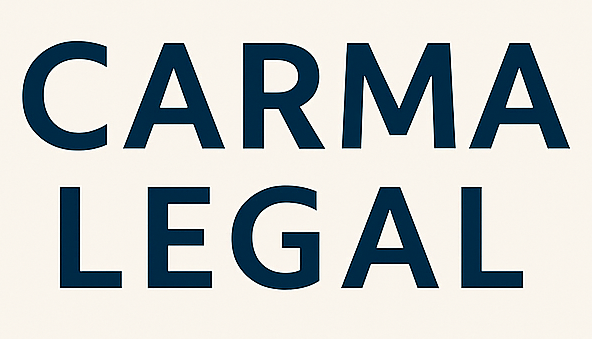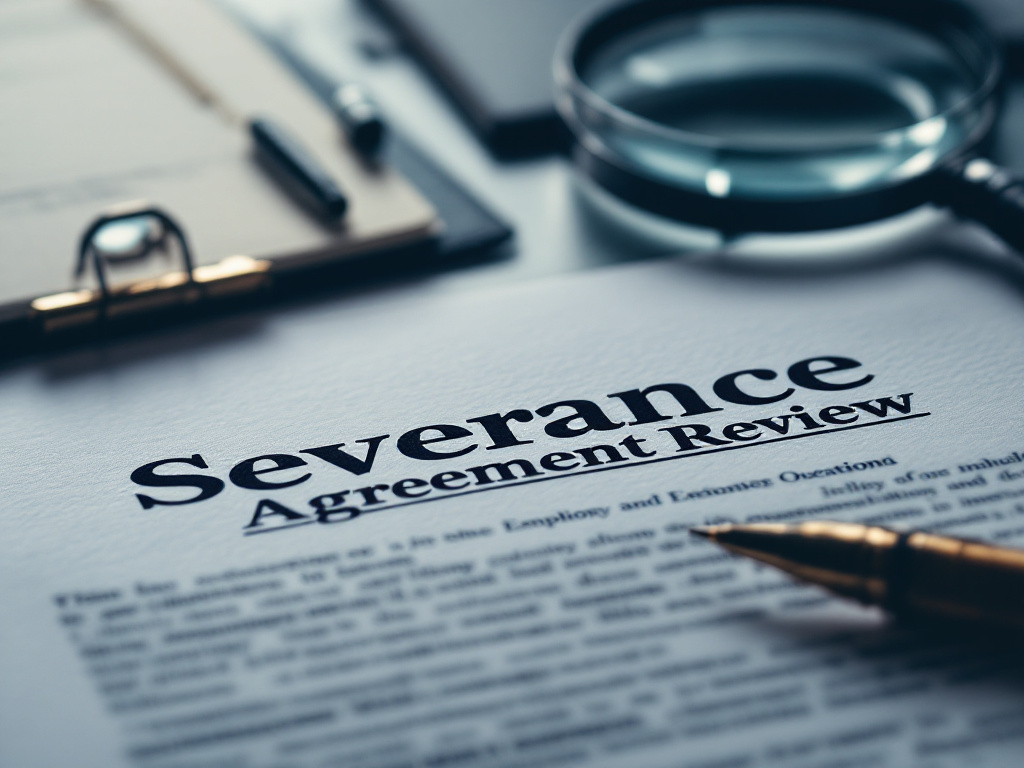Understand durable power of attorney
When you plan for the unexpected, a durable power of attorney lays the groundwork for protecting your interests. In essence, this legal document lets you appoint someone—known as an agent or attorney-in-fact—to make decisions on your behalf if you become incapacitated. Working with a durable power of attorney lawyer ensures that the form you execute complies with your state’s requirements and truly reflects your wishes.
Definition and purpose
A durable power of attorney remains valid even if you lose mental capacity. Unlike a general power of attorney, which often ends when you become incapacitated, a durable version “durably” persists to cover situations such as medical emergencies, severe illness, or age-related cognitive decline. By granting authority in advance, you spare your loved ones from uncertainty and potential court interventions.
According to LegalZoom, a durable power of attorney “authorizes someone else to handle financial and legal matters, and remains in effect even if the individual becomes incapacitated” [1]. With clear instructions in place, your agent can step in seamlessly when you cannot speak for yourself.
Types of durable power of attorney
You can tailor a durable power of attorney to fit your priorities. The two primary categories are:
Financial durable power of attorney
- Manages bank accounts, investments, real estate, and business interests
- Pays bills, files taxes, and handles insurance matters
- Prevents gaps in financial management if you are hospitalized or otherwise unable to act
Durable healthcare power of attorney
- Authorizes your agent to consult with doctors and make medical treatment decisions
- Complements a living will by adding an advocate to speak on your behalf
- Ensures that your healthcare preferences are honored according to your instructions
Consider whether you need one document covering both areas or separate forms. You may also consult a financial power of attorney lawyer for financial matters and a medical power of attorney attorney for healthcare directives.
Revocation and termination
A durable power of attorney generally remains in effect until you die or formally revoke it. You can revoke your document at any time by expressing your intention to cancel it, signing a new instrument, or destroying the original. While verbal revocation may suffice, providing a written statement helps avoid confusion. It is wise to remove old copies from circulation to prevent reliance on an outdated version [2].
Identify your planning needs
Before you search for an attorney, clarify what you need from a durable power of attorney. A well-defined scope helps you and your lawyer draft a document that aligns with your priorities.
Assess your asset management
- List your major assets: real estate, investment accounts, retirement plans, and business holdings
- Determine whether you require broad authority (e.g., real estate sales, tax filings) or a more limited mandate
- Identify trusted individuals who could serve as primary and successor agents
Consider your healthcare directives
- Reflect on the level of medical intervention you prefer in critical situations
- Decide when your agent may refuse or withdraw consent to specific treatments
- Review related documents such as a living will or advance directive—an advance directive lawyer can help you coordinate these tools
Evaluate attorney qualifications
Choosing the right lawyer is pivotal. You want someone who understands both the legal and practical dimensions of durable powers of attorney.
Review experience and specialization
- Look for a lawyer who handles estate planning regularly, with a focus on powers of attorney
- Ask whether they draft durable powers of attorney frequently and what types of clients they serve
- Confirm that they stay current with updates in your state’s statutes and court decisions
Verify credentials and licensing
- Ensure the attorney is admitted to practice in your state and is in good standing
- Check for certifications in elder law or estate planning—these demonstrate advanced expertise
- An elder law estate planning lawyer may offer additional insights if you have age-related concerns
Check client reviews and references
- Request testimonials or referrals from clients who have executed durable powers of attorney
- Look for patterns in communication style, responsiveness, and clarity of advice
- Evaluate whether the attorney explains complex legal concepts in a way you can understand
Compare service offerings
Different law firms structure their services and fees in various ways. Comparing these offerings side by side helps you find the best fit.
Analyze fee structures
Lawyers typically charge in one of three ways:
| Fee model | Description | Typical range |
|---|---|---|
| Hourly rate | Billed by the hour | $200–$400 per hour |
| Flat fee | Fixed cost for drafting the document | $300–$1,200 total |
| Retainer | Upfront deposit applied against billed services | $1,000–$3,000 deposit |
Ask whether the flat-fee option covers revisions, notary fees, and agent training.
Evaluate scope of services
- Will the attorney review or update your existing estate plan?
- Do they coordinate powers of attorney with trusts, wills, and advance directives?
- Can they recommend a probate avoidance estate planning lawyer if you need broader asset-protection strategies?
Assess communication and support
- Determine your preferred method: phone, email, or secure client portal
- Ask about turnaround times for draft documents and responses to follow-up questions
- Confirm whether the attorney offers periodic reviews or check-ins to keep your documents current
Make an informed decision
With research in hand, follow these steps to finalize your choice:
Prepare for your initial consultation
- Gather a list of questions about services, fees, and process.
- Bring a summary of your assets, family situation, and existing documents.
- Note any timing requirements, such as upcoming surgeries or travel.
Examine your engagement agreement
- Verify the scope of work: drafting, notarization, and filing (if required)
- Review fee details, payment schedule, and refund policy for unused retainers
- Understand the procedure for additional revisions or consultations
Finalize attorney engagement
Once you sign the engagement letter and pay any retainer or flat fee, schedule a meeting to:
- Select and confirm your agent(s) and successor(s)
- Provide instructions and sample scenarios to guide your agent’s decision-making
- Arrange for a notary and witnesses to execute the document properly
Plan with confidence
A durable power of attorney is a cornerstone of proactive estate planning. By working with a qualified lawyer, you gain peace of mind knowing your financial and healthcare wishes will be honored. Whether you engage an estate planning attorney or a specialized powers of attorney lawyer, clear communication and careful drafting protect your interests and support your loved ones. Reach out to a comprehensive estate planning lawyer today to secure your future and ensure your plan adapts as your life evolves.








